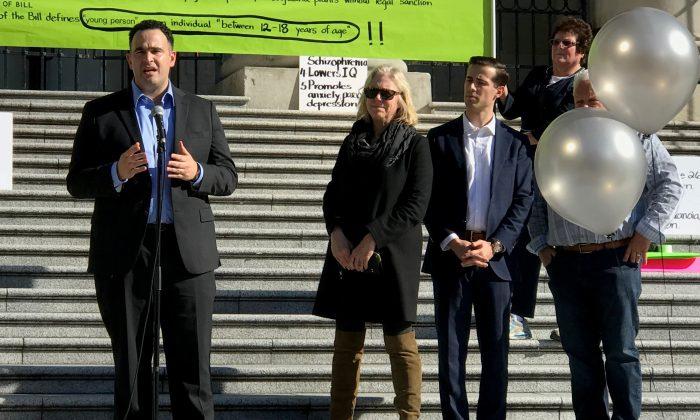Export Development Canada (EDC) is unable to convert its reported profits into cash, posing an increasing risk to Canadian taxpayers. And it has been funding ventures that are normally considered too risky for commercial banks to handle.
EDC is a federal Crown corporation that guarantees export financing loans to Canadian corporations. Additionally, it guarantees and finances investments by foreign firms into Canada, which can be controversial.




